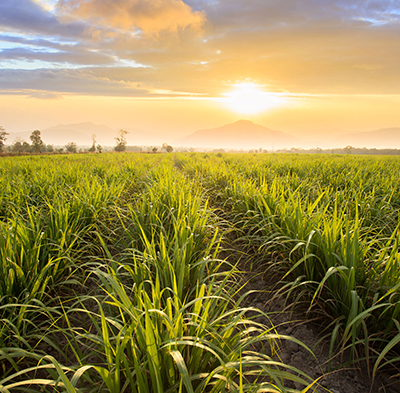Angebot anfordern
Biobasierte Kunststoffe
- Startseite
- Produkte
- Biobasierte Kunststoffe

Biobasierte Kunststoffe werden vollständig oder teilweise aus erneuerbaren Quellen wie Mais, Kartoffelschalen, Zuckerrohr, Traubenkernen und anderen holz- oder pflanzenbasierten Materialien hergestellt. Das Portfolio von Nexeo an biobasierten Materialien umfasst zertifizierte kompostierbare Polymer-Compounds, Polyethylen (PE), Polypropylen (PP), thermoplastische Copolyester (TPC), Polyamid (PA6, PA410) und viele andere Compounds.
Nach Angaben der US Federal Trade Commission kann ein Kunststoff nur dann als biobasiert gekennzeichnet werden, wenn er den Standard ASTM D6866 erfüllt, der die Standardtestmethode zur Bestimmung des biobasierten Gehalts einer festen, flüssigen oder gasförmigen Probe mithilfe der Radiokohlenstoffanalyse ist. Ähnliche Standards gelten auch in anderen Regionen der Welt.
Lesen Sie unseren Blogpost: Entlarvung von Missverständnissen über Biokunststoffe
Lesen Sie unseren Haftungsausschluss für Nachhaltigkeit